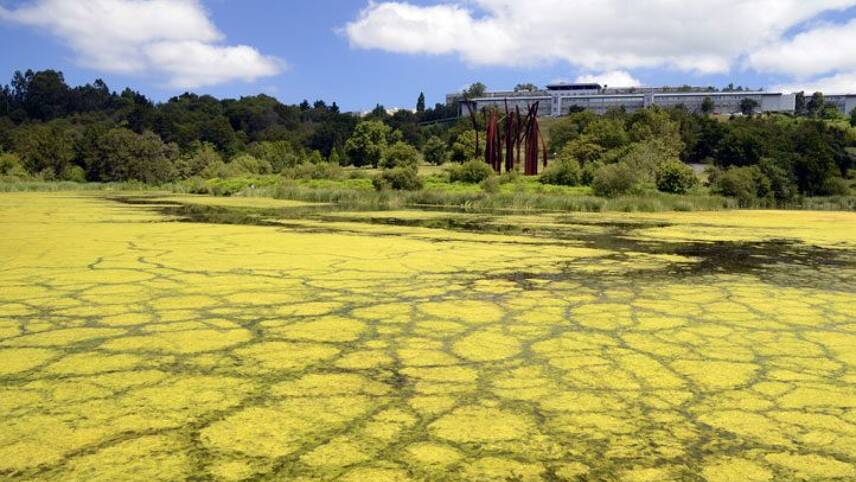Register for free and continue reading
Join our growing army of changemakers and get unlimited access to our premium content

One key aspect of the commitment is that it promotes the importance of companies setting independently verified science-based emissions reduction targets
New research developed by Pensions for Purpose and commissioned by Gresham House, found that while awareness of biodiversity amongst UK pension funds is starting to grow, almost two-thirds (62%) have not invested in any natural capital assets.
The research, published today (6 June), found that most asset owners don’t have the data to make informed investment decisions on nature-based solutions, with only 38% having invested to date. Some struggle to view it as an isolated risk from the climate crisis, while 38% do not believe that nature falls within their remit of responsibility to act on.
According to the Sustainable Policy Institute, 35%-54% of financial institutions’ assets are highly or very highly dependent on ecosystem services supported by biodiversity. However, 80% of asset owners do not view biodiversity risks separately from climate risks.
Pensions for Purpose is calling on asset owners to focus on biodiversity in their investment decisions in a bid to preserve ecosystems.
“The investments of the past based on natural capital exploitation are no longer viable: the cost of depleting our resources has become too high, both environmentally and financially. Investors must therefore seek sustainable alternatives that preserve and enhance our planet’s natural capital,” Pension for Purpose’s chair Karen Shackleton said.
“Addressing biodiversity loss is essential for preserving ecosystems and is a smart investment decision, enabling more resilient portfolios amid growing public awareness and future regulation.”
Funding gap
By UN estimates, less than $10bn is allocated globally to international biodiversity finance. The organisation recommended last year that at least $8.1trn is provided to nature-based solutions alone – projects which involve the restoration of ecosystems in a way that also enhances climate mitigation and/or adaptation efforts – by 2050.
There is little evidence to suggest that this financial gap is being addressed.
In March, the Make My Money Matter campaign found that just one-fifth of pension funds and providers taking part in the world’s largest net-zero business collaborations have comprehensive plans to tackle deforestation.
Indeed, many investors are failing to consider or account for risks of nature loss, with the majority voting against strengthening biodiversity proposals across their funds and portfolios. Research from Planet Tracker found that of the 26,587 votes cast on biodiversity proposals across investor funds, 62% were either cast against or not voted on.
The report warns that while 76% of environmental, social, and governance (ESG) funds analysed did support biodiversity proposals, they accounted for less than 3% of the overall votes so had little impact in determining the outcome. Additionally, nearly 20% of self-proclaimed sustainability funds actually voted against biodiversity-related proxies from organisations.
The research found that only 7% of overall votes on biodiversity proxies were able to provide shareholder reasonings for the decision.


Please login or Register to leave a comment.